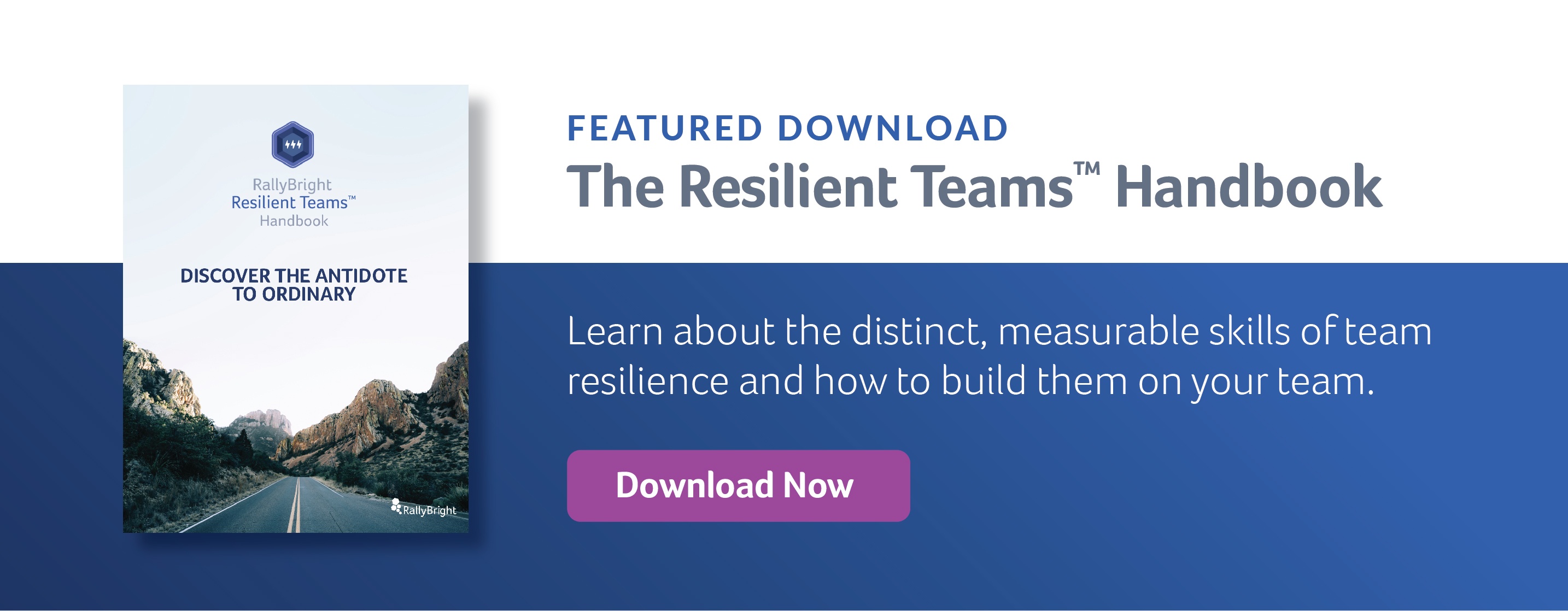So, you’re thinking about hiring a coach for your team. It’s a great decision! An experienced coach can be the force that helps your team hit its goals faster, get better results, and prevent team members from focusing on the obstacles that can halt the best-intentioned employee in their tracks.
But hiring the right team coach can be a tricky process. Here are three tips to make sure you put the right person in the position to set everyone up for success.
1. Know what success looks like, but let the coach lead the way
From training your managers to helping your team members to deal with stress productively, resolving communications issues or developing your future leaders, team coaching can accomplish a lot of different goals. When you’re thinking of hiring a coach for your team, you should have a crystal clear idea of why you’re doing it and what you hope to achieve from it. And you should be able to articulate this in one sentence, clearly and deliberately, to a prospective coach.
But once you’ve told them what you want, you have to let them take the reins. A common mistake is for companies to tell the coach both what they want them to do and also how to do it. To be effective, a coach has to control the process autonomously. A great one will have the expertise to know how to guide your team to the goal. He or she probably has a lot of great ideas from their experience that you may not have considered. Remember, you’re hiring them for a reason and you must give them the freedom to do their job.

Use your initial conversations as a way to understand how they would approach the problem. Then bring someone on board that has a clear roadmap to get your team where you need them to be. They should be able to come up with some ideas immediately upon hearing your goals, and will use their time with you to ask questions and understand the context as a way to refine the approach to suit your team.
2. Get the team involved
When an executive hires a coach, typically they can hand-select the person they feel most comfortable with after having discovery meetings with several options. However, teams don’t generally have that luxury. Instead, they’re expected to accept the team coach hired by the leader or the human resources department. That puts everyone at a disadvantage. The coach hasn’t had the opportunity to get to know the personalities involved and understand their perspective prior to the engagement. And the team members may not feel completely bought into the person hired to help them.
An easy remedy to this is to find a way to involve team members in the selection process. Maybe you do this through one-on-one conversations or a group discovery process. Though you might not be able to get complete consensus, a front-runner will likely emerge that most of the team can feel comfortable with. It will also help you to weed out any duds who garner strong objections. That sets everyone off on a much better foot once the coaching process has begun. It will also help minimize the time it takes to build the trust required to get the best results.
3. Probe on the confidentiality question
Any coach worth their fee is going to insist on confidentiality as a part of their coaching process. They must be able to have private conversations with the people they are coaching to be able to push and challenge them. If team members think what they say is going to get back to their boss, their co-workers, or the HR department, they won’t be open to sharing critical information that can help the team coach get their best results.
However, there are ways for coaches to provide feedback on high-level themes. This approach can help to cultivate an environment that will support the team. Ask your prospective coaches how they’ve handled this in the past. How have they struck a balance between maintaining confidentiality and sharing helpful themes? What type of information can you expect to receive from them?
It’s all about assessing experience and fit
Great coaches come in all shapes and sizes. Some have fancy credentials, some don’t. But don’t make the mistake of associating certifications with results. A piece of paper doesn’t mean someone has the chops to get the job done.
Following the tips above will allow you to get at the experience your prospective team coaches have in a highly practical way. If you and your team don’t feel comfortable with their plan and approach, or have faith in their ability to lead the process to a successful outcome, then they are not the coach for you. Move on until you find your perfect fit!


